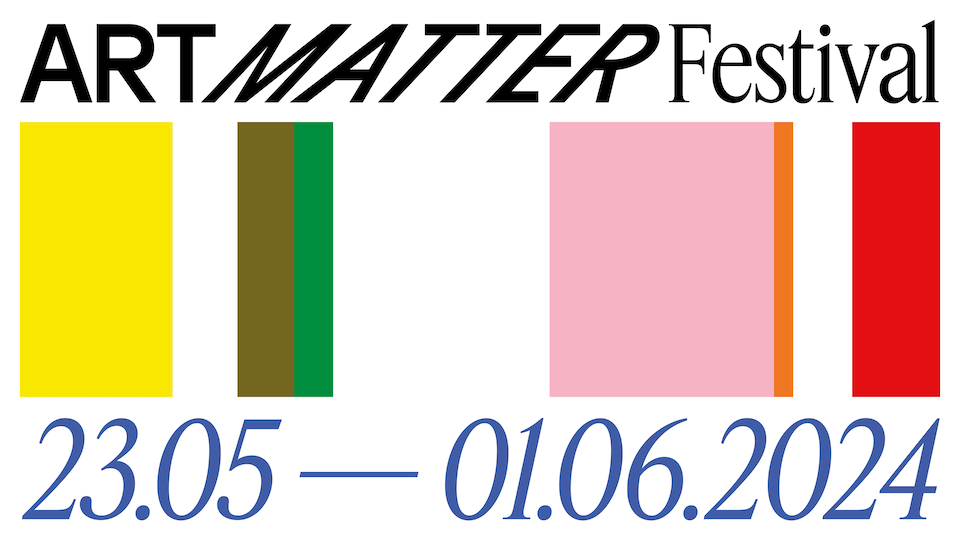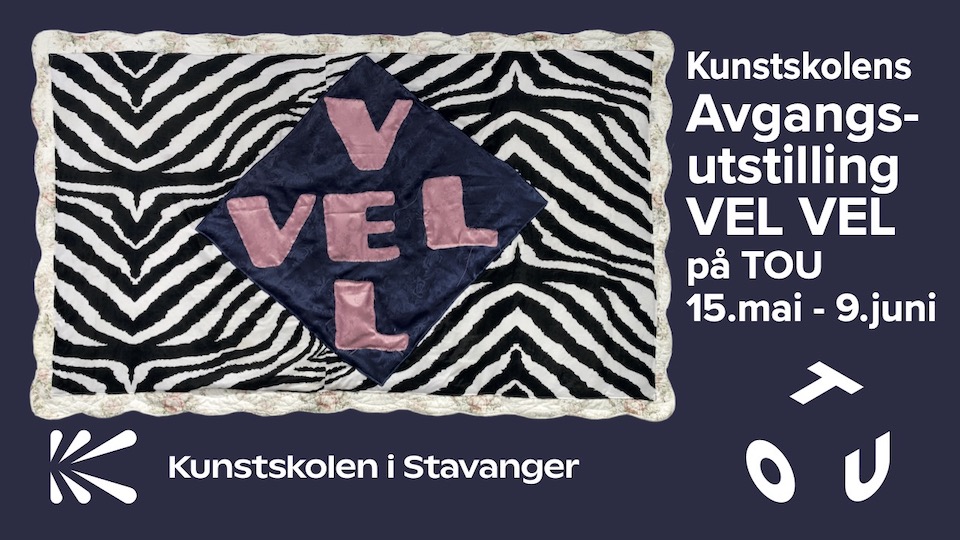
At a press conference earlier this week, film director and visual artist Lene Berg was announced as next year’s festival artist at Bergen Kunsthall. “It is a great honour to join this long line of strong Norwegian artists and oeuvres,” Berg told Kunstkritikk after the announcement.
Berg believes that the Bergen International Festival Exhibition plays an important role in defining Norwegian art today. “Simplifying things somewhat, you could say that there is always this struggle about what art should be, first and foremost: should it be about decoration and status symbols, or about substance and free expression? I guess the choice of me as festival artist can be considered a contribution to that discussion,” she said.
Trained as a film director at Dramatiska Institutet (now Stockholm Academy of Dramatic Arts) in Stockholm, Berg has made four feature films and a number of short films. Her practice extends beyond the movie screen, however, and incorporates collage, photography, text, and installation. As such, Berg’s work is equally at home in museums and galleries as in cinemas, and she has been featured in prominent international exhibitions such as Manifesta, the Sydney Biennale, and the Venice Biennale.
For the Festival Exhibition at Bergen Kunsthall, opening 21 May next year, Berg is working on the story of her father, the author and film director Arnljot Berg (1931–82). Berg told Kunstkritikk that she wants to take a somewhat different approach to the exhibition format and the film narrative. “When Axel Wieder first got in touch with me, I did not know exactly what kind of material I wanted to work with, only that I wanted to use Bergen Kunsthall as a structure in a story where the rooms can be likened to scenes, like chapters in a story.”

Berg’s films have addressed topical issues such as the surveillance of Norwegian dissidents, the CIA’s cultural post-war conspiracies, and Picasso’s portrait of Stalin. With her latest film False Belief, which premiered at the Berlin International Film Festival in 2019, her work took a more personal turn. The film tells the story of the imprisonment of Berg’s live-in partner “D” and the couple’s encounter with the discriminatory American legal system. Like her festival project, it is clearly rooted in her personal experience and both projects have similar starting points. Berg elaborates: “I could have said that my father appeared to me in a dream, although he didn’t. I never dream about dad, but it was a slightly similar feeling. Images and memories appeared and became impossible to overlook, as if this material wanted – no, demanded – me to delve into it.”
According to Berg, a major challenge is that she needed to develop techniques to actively retrieve memories that she didn’t know she had. “[The memories] are not entirely trustworthy; they’re probably a happy mixture of lived life and total fiction. It is wonderfully exhilarating and terrifying to feel that the ground you’re standing on, the memories, shudder and wobble underneath your feet,” she said.
Of greater concern for Berg, however, is how her siblings will react. “There are three of us, and with this project I’m also digging around in their past, sending their memories awhirl,” she explains. “But they have both been willing to follow me on the journey. It is an exciting side effect, as it were, to get to know my siblings in new ways through this project.”

Arnljot Berg was a public figure in Norway as host of the public television programme Filmmagasinet (1964) and as an author, film director, and literature critic. He was also a psychiatric patient. In the mid-1970s he spent a year imprisoned in France, suspected of murder. He took his own life when his daughter was a teenager. Berg thinks that her father’s fate represents a counterpoint to the general conversation about mental health today. She doesn’t believe in the prevailing consensus that it always helps to talk to someone, and that all existential problems can be solved by experts, therapy, or kindness. “My father’s life and story are not cosy or comfortable,” she said, “and they don’t quite fit in anywhere. His pain interests me, both as a daughter and as a woman. It is a rather unique experience to be able to regard one’s father both as the daughter I was while he was alive and as the woman I am now, many years after he died.”
In the press release announcing Berg’s appointment, Director of Bergen Kunsthall Axel Wieder states that Berg’s work has addressed “urgent social themes with keen vigilance and special attention to the complexity of what we experience as lived reality.” The kunsthall’s curator Steinar Sekkingstad believes that one of the strengths of Berg’s art concerns her ability “to ask fundamental questions about accepted ideas of fiction and truth, thereby creating a space for doubt and ambiguity.” According to Sekkingstad, this is how she sheds light on how documentary films “can be misleading, obscuring the facts.”
Berg, however, stresses that she does not work with documentaries and considers the genre only one of many means to make fiction, which is where her primary interest lies. “For me, the most important thing has been to be able to work independently, developing methods and formats that interest me enough that I can actually be bothered to get up in the morning.”



















